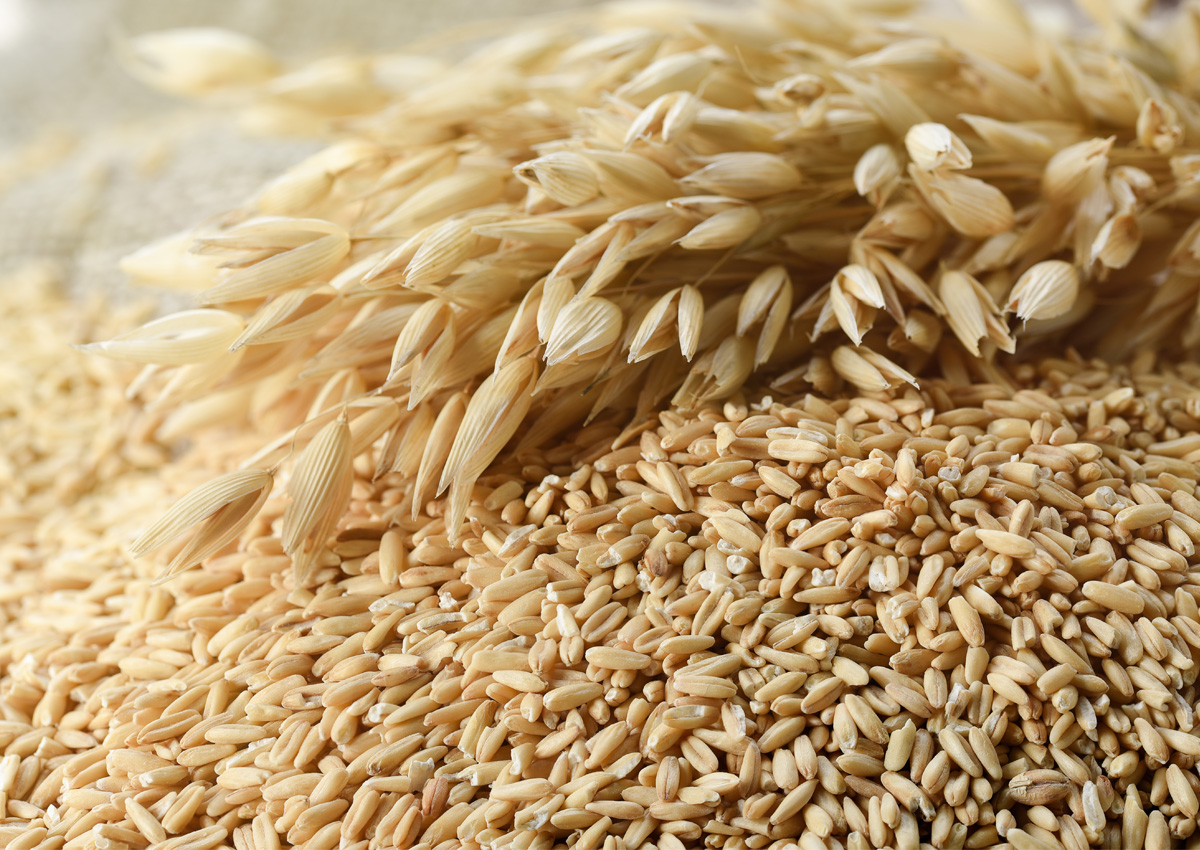
Oats Genome Explains Why the Popular Cereal Could be Suitable for People with Celiac Disease and Gluten Intolerance
May 25, 2022| |
The genome of oats has been decoded by an international team of scientists led by Lund University, the ScanOats Industrial Research Center, and Helmholtz Munich. Researchers from Edith Cowan University (ECU), Australia's national science agency CSIRO, and WEHI (the Walter and Eliza Hall Institute of Medical Research) played a key role in the project with the results now published in Nature.
Professor Michelle Colgrave from ECU and CSIRO said that they were particularly interested in finding out why oat products trigger fewer allergies and intolerances compared to other cereals such as wheat or rye. They discovered that oats have fewer of the proteins that correspond to gluten in wheat which causes an immune reaction in people with celiac disease. Professor Colgrave said this discovery confirmed that on both the gene (DNA) and protein levels, oats contain fewer protein sequences that are known to trigger food allergy and intolerance. Compared to other cereals, oats also contain a much higher proportion of beta-glucans, which reduce blood cholesterol levels and have a positive effect on people with metabolic diseases such as type 2 diabetes.
Associate Professor Jason Tye-Din, from WEHI, said their research provides reassurance about the safety of oats for people with celiac disease. He also said that the characteristics of oats mean they are closer to rice, which is safe in celiac disease, than wheat and other gluten-rich cereals.
For more details, read the article in the ECU Newsroom.
| |
You might also like:
- Research Team Discovers Gene Combination that Gives Oats Resistance to Root Disease
- International Research Team Identifies Genetics Behind Deadly Oat Blight
- Oat Genome Now on ARS Website
Biotech Updates is a weekly newsletter of ISAAA, a not-for-profit organization. It is distributed for free to over 22,000 subscribers worldwide to inform them about the key developments in biosciences, especially in biotechnology. Your support will help us in our mission to feed the world with knowledge. You can help by donating as little as $10.
-
See more articles:
-
News from Around the World
- FAO DG Qu Dongyu: It's Time to Transform Agrifood Systems
- Oats Genome Explains Why the Popular Cereal Could be Suitable for People with Celiac Disease and Gluten Intolerance
- DA PhilRice Ready to Deploy Golden Rice Seeds to Farmer Cooperative
- European Commission Approves Two GM Crops for Food and Feed
-
Research Highlights
- Location of SunUp's Transgenic Insertions Affirms It's Still Safe for Consumption
-
Plant
- India Eases Process for Release of Genome Edited Plants Without Foreign DNA
- Philippines Releases Regulations for Gene-edited Plants
- Health Canada Issues Gene Editing Guidelines, Encourages Transparency
-
Read the latest: - Biotech Updates (January 21, 2026)
- Gene Editing Supplement (January 28, 2026)
- Gene Drive Supplement (February 22, 2023)
-
Subscribe to BU: - Share
- Tweet

